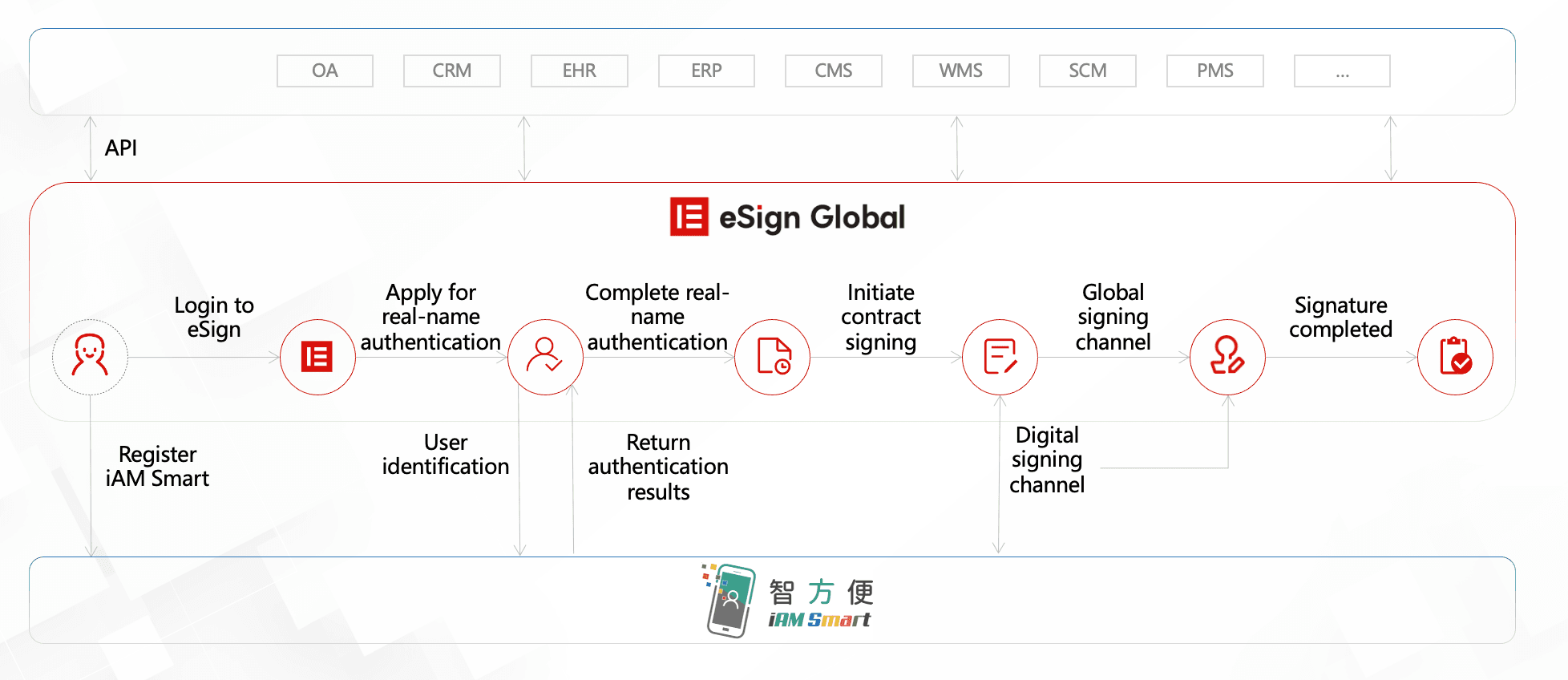are electronic signatures enforceable





Are Electronic Signatures Enforceable?
In an era where digital communication has become the norm, more individuals and organizations are turning to electronic signatures (e-signatures) to streamline document signing. However, this widespread adoption brings a critical question to the forefront: Are electronic signatures enforceable? This article aims to provide a detailed yet clear answer, with a particular focus on regional regulatory language, especially for users in Hong Kong and Southeast Asia.
What Is an Electronic Signature?
An electronic signature refers to any electronic process that shows an intent to agree to the contents of a document. This includes scanned images of signatures, clicks on “I accept” buttons, and advanced cryptographic digital signatures.
Not to be confused with digital signatures — which use encryption technology — electronic signatures range from simple actions (e.g., typing one’s name) to sophisticated software solutions.

The Legal Standing: Are Electronic Signatures Legally Binding?
United States
In the U.S., the Electronic Signatures in Global and National Commerce Act (ESIGN Act) and the Uniform Electronic Transactions Act (UETA) recognize that electronic signatures are just as legally binding as handwritten ones, provided certain conditions are met. These include clear consent to do business electronically, record retention, and the ability to reproduce the record.
European Union
In the EU, the eIDAS Regulation (Regulation (EU) No. 910/2014) laid down the foundation for legal recognition of e-signatures. eIDAS classifies three types of e-signatures:
- Simple Electronic Signature (SES)
- Advanced Electronic Signature (AdES)
- Qualified Electronic Signature (QES)
Only QES has the same legal status as a handwritten signature across the EU. However, even SES is admissible in court, though its strength relies on authentication and audit trails.
Hong Kong
In Hong Kong, e-signatures are governed by the Electronic Transactions Ordinance (Cap. 553). According to the Ordinance:
An electronic signature is recognized as valid if a method is used to identify the signatory and to indicate the signatory’s approval of the relevant information.
This means that while standard electronic signatures are acceptable for most business transactions, certain legal documents (such as wills or power of attorney) must still be signed in writing or with a digital certificate-based signature.
Southeast Asia
Regional recognition varies:
- Singapore: The Electronic Transactions Act governs e-signatures, allowing them for most transaction types.
- Malaysia: Similar to Singapore, with the need for digital signatures (certified by a licensed authority) in certain use cases.
- Thailand and Indonesia: Have clear regulatory frameworks recognizing e-signatures, provided identity and intent can be established.
What Makes an E-Signature Enforceable?
Merely using an electronic method to sign a document doesn’t automatically confer legal enforceability. Several factors must be met, including:
- Consent: All parties involved must agree to use e-signatures.
- Intent: Evidence that signers intended to sign electronically.
- Attribution: Ability to trace the signature to the correct individual.
- Integrity: The document itself must remain tamper-proof.
- Audit Trail: Reliable metadata, timestamps, and digital footprint should be available in case the validity is challenged.

When Are E-Signatures Not Allowed?
It’s also important to note the limitations. Even in jurisdictions where e-signatures are valid for most transactions, some categories are still exempt:
- Wills and codicils
- Trust documents
- Marriage, divorce, or adoption papers
- Court orders or legal pleadings
Always check with local laws to determine if your document type requires manual signatures or qualified digital signatures.
Practical Case: An SME in Hong Kong
Consider a small business in Hong Kong negotiating a distribution agreement with a partner in Thailand. Both parties agree to use e-signatures, resulting in quicker turnaround and saved costs.
As per Cap. 553 in Hong Kong and Thailand’s Electronic Transactions Act, e-signatures are legally valid if:
- Both parties consent to signing electronically.
- The software used provides identity proof and document integrity.
Using a compliant platform like eSignGlobal ensures all criteria are met under regional laws.

Why Businesses Prefer Electronic Signatures
The global shift toward digital contracting solutions isn’t just about convenience — it’s about compliance and efficiency.
- 📈 Improved turnaround time: Agreements can be signed in minutes.
- ✅ Verified trail: Capabilities like two-factor authentication and audit logs help with legal defensibility.
- 📁 Paperless compliance: Helps meet data privacy and recordkeeping regulations.
Moreover, using solutions that are built with regional legal compliance in mind — like eSignGlobal — helps businesses avoid legal pitfalls.
How to Ensure You Choose a Compliant E-Signature Provider
When selecting an e-signature platform, especially in regulated regions like Hong Kong or Southeast Asia, make sure it meets these standards:
- Locally compliant templates and workflows.
- Secure encryption and timestamping.
- Cloud-based storage with regional data residency options.
- Cross-jurisdiction compatibility (e.g., adhering to eIDAS, ESIGN, and other applicable standards).
Look for providers that specifically mention support for your region’s legal requirements.

Conclusion
So, are electronic signatures enforceable? The answer is a strong yes — but with caveats. Their enforceability depends on meeting legal requirements, which vary slightly by region but share common principles. As the business world continues to digitalize, staying informed about local e-signature laws is more important than ever.
Recommended Solution for Hong Kong & Southeast Asia: eSignGlobal
If you’re in Hong Kong or Southeast Asia, and you’re looking for a reliable, regionally compliant alternative to DocuSign, look no further than eSignGlobal. Built from the ground up with Asia-Pacific regulatory frameworks in mind, eSignGlobal ensures that your digital transactions are not just fast — but enforceable and legally sound.


 Only business email allowed
Only business email allowed


